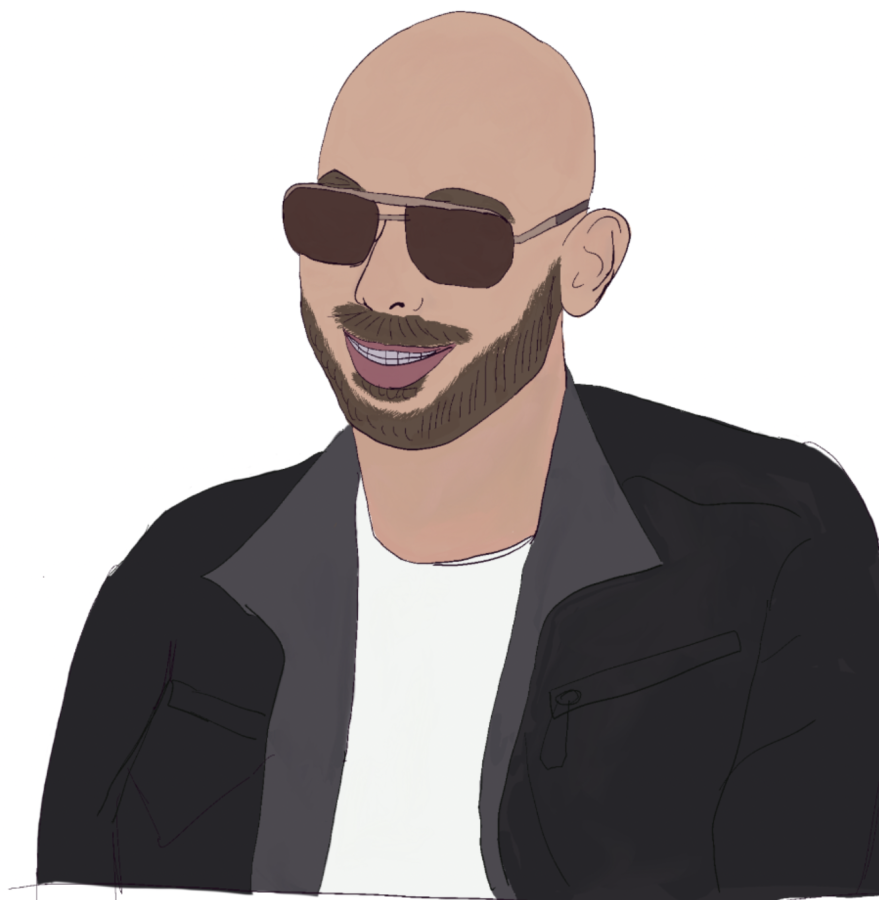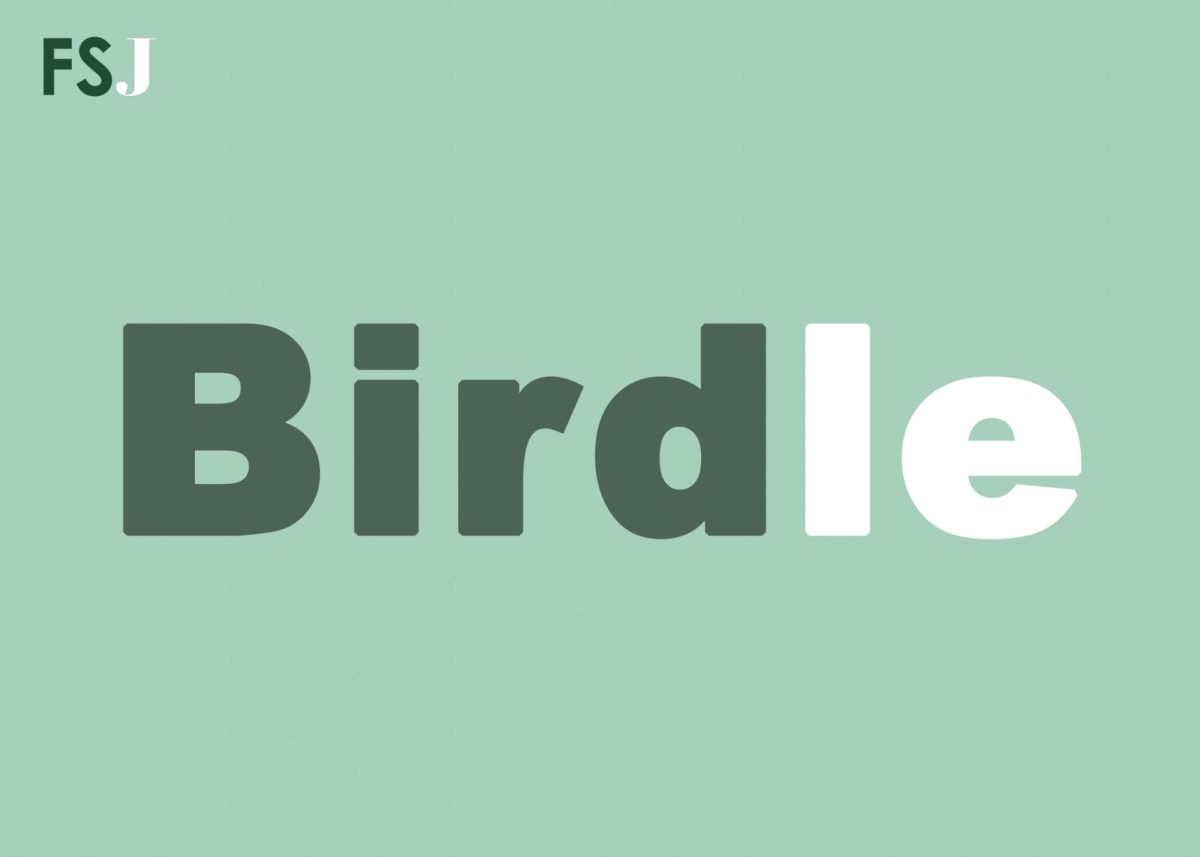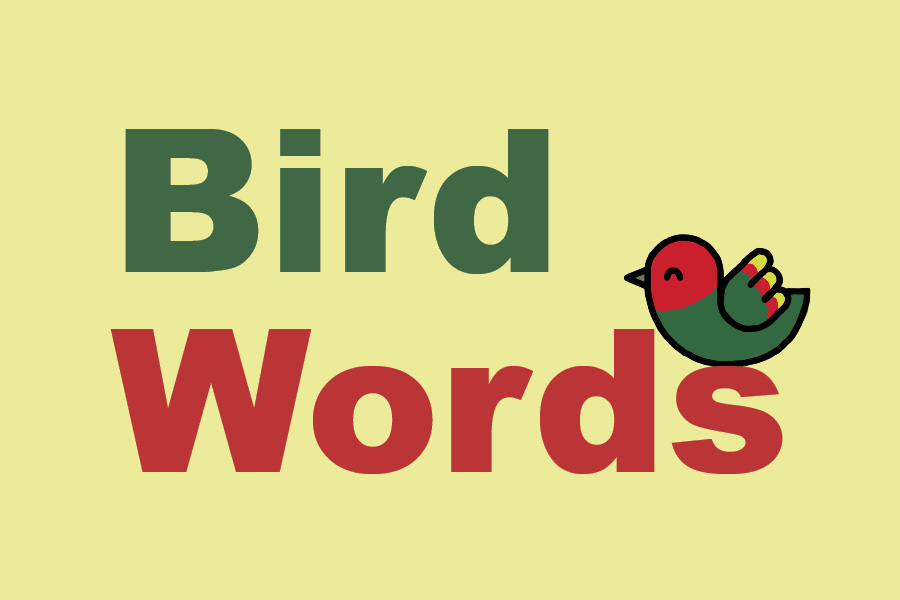EDITORIAL: Andrew Tate’s Social Media Influence
Internet personality Andrew Tate and others who spread hate should be permanently banned from social media due to the harmful impact they hold.
December 18, 2022
“Why would you be with a woman who’s not a virgin anyway? She is used goods. Second hand.” —Andrew Tate, in a interview from Love 2 Fight Magazine
You could argue that people like Andrew Tate are just voicing their opinions on social media and have the right to free speech. You might also argue that he empowers men to be proactive in their lives. But at what cost?
We idolized internet personalities and give them colossal platforms on the internet to voice their opinions, spread information (true and false), and act as the voice for different groups of people. In the right hands, we empower people to make the world better. In the wrong hands, we empower harm. And the beloved Andrew Tate is the wrong hands.
Tate is an internet personality and former kickboxer, infamous for making derailed statements about women while encouraging young men to fulfill the traditionalist role of a man. He calls it “male targeted self help.” The ‘Top G’ influencer makes nonsensical statements on the internet comparing women to used vehicles and degrading men for experiencing emotions. Tate’s actions have resulted in various temporary and permanent bans from social media platforms, but he continues to find ways to spread hate on the internet.
OK, we get it. Andrew Tate has controversial opinions. How is this different from another internet troll saying irrational things online?
The typical internet troll didn’t have 4.7 million Instagram followers, 1.5 million Twitter followers, or own a Bugatti. When Tate spews toxic ideas, millions are listening. This has tremendous impacts on consumers of social media. Impressionable people are empowered to hate. Young men — who might be concerned about losing status — are empowered to navigate their lives with hate and an inflated sense of self.
#MeToo, My Body, My choice, Love Not Hate, LGBTQ+ social movements, and more. These are among the many advocacy movements that have forced us to reevaluate an often discriminatory culture. Not everyone is going to agree on these topics, and people have the right to free speech. But should private companies (like Instagram and Twitter) give people a platform to spread hateful agendas?
Say your opinion and I’ll say mine. Free speech, it’s our First Amendment right, written by James Madison in 1791. But the First Amendment only protects us from the government infringing on our rights — not private companies like Twitter. And that’s important to keep in mind during an age when global forms of communications allow anyone to quickly spread hate to disaffected people with easy access to weapons. Our ability to cause damage with our words has never been greater.
It’s clear the stakes are high. According to CivilRights.org and NYU researchers, online hate speech is often linked to offline acts of violence. Think of Elliot Rodgers, 22-year-old gunman who murdered six women and injured seven from the USCB sorority in Santa Barbara, California. Rodgers was part of an online women hate group and wrote a 140-page manifesto before his rampage.
For many fans, Andrew Tate is a source of entertainment. Funny. And he’s not alone. He’s just one of many people who have used social media to harm people with ludicrous statements that empower hate.
But hateful speech comes at cost. It costs someone something, whether it’s someone’s self image or life. Andrew Tate should remain banned on all social media platforms, along with anyone else who is spreading hate speech to masses online.









